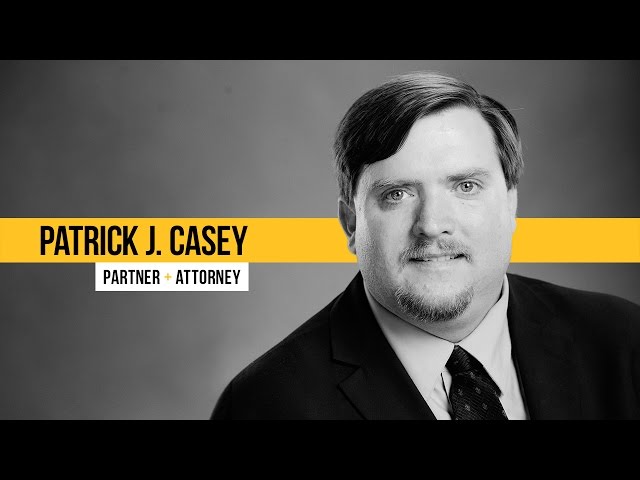Caught With Drugs?
Time To Lawyer Up!
Let the attorneys at Knutson + Casey fight for your defense.
Award Winning Trial Attorneys

EXPERIENCED LAWYERS - We have the privilege of helping thousands of clients since 1992.

BIG FIRM POWER - Small firm friendliness and support you expect, big firm power and resources you need.

PERSONABLE SERVICE - Full focus on your case with only one lawyer overseeing its growth from start to finish.

INNOVATIVE - We leverage our creative + innovative approach to attain success in the courtroom.






Highly Reviewed & Recommended
"Fantastic law office. We sincerely appreciated the frankness and lack of "sugar coating" that the firm gave us concerning our case. It helped us to understand where we were at, what we needed to do, and what our true liability could be. We really liked that the firm was more worried about getting us the information than collecting a fee for every second they talked to us. The charge was fair and openly/honestly discussed. Highly recommended and don't think that there is a better option in the area!"
"Takes charge and does what it takes. Mr. Casey is a real winner."
"I hired Patrick to represent me regarding a car accident where I was facing several charges. Patrick walked me through what to expect regarding the charges and gave me advise on how to proceed. He guided me through the Court process and put my fears to rest. I would hire Patrick again in a minute."

Drug crime charges are complex and often very serious in nature. Minnesota in particular doesn’t take drug charges lightly, and many of the penalties are quite harsh. Drug crimes can be at either the state or federal level, and there are literally hundreds of different outcomes for a trial depending on the drug, amount in question, how it was used, and other factors.
The first confusing element of a drug crime is related to the type of drugs involved. Even legal drugs can be considered illegal under certain circumstances. For example, while amphetamines like Adderall are legal with a valid prescription, they’re considered illegal if you don’t have one. If you buy Adderall from a friend because you ran out of your prescription and the doctor’s office was closed, you can be assured that both you and your friend could face drug charges.
Furthermore, drugs are divided into different categories based on their potential to be abused and lead to dependency. For example, marijuana and heroin are considered schedule I drugs, meaning they’re considered the most “dangerous.” Controlled substances like Adderall and Vicodin, while still considered dangerous, are Schedule II drugs. The higher the schedule number, the less potential the drug is considered to have for abuse.
Aside from the type of drug you have, the amount of drug and what you were doing with it will affect your charges. For example, if you’re caught with more than five kilograms (roughly 11 pounds) of marijuana, you’ll be charged with selling marijuana. In contrast, if you’re caught with any amount of a schedule I, II, or III drug in a school zone, you’ll also face drug selling charges. As you can see, there are multiple factors that go into determining a drug charge and the penalties.
As previously stated, penalties in Minnesota for drug crimes can be harsh. Charges are divided into five degrees, with the first degree being the most severe. Simply having any amount of Schedule I, II, III, or IV drugs (except marijuana) can get you up to five years of jail time, $10,000 in fines, and 19 months of probation. Fifth degree charges can land you in prison for up to 30 years with up to $1 million in fines.
However, the penalties that go along with drug crimes in Minnesota are ultimately up to the judge. He or she has the power to reduce your charges, drop certain charges, and alter your sentence. Your attorney’s job is to gather evidence to support your case and keep your sentence as close to the minimum as possible, and in some cases, have your charges dismissed completely.
Just like there are many elements that make up a drug charge, there are also many defenses for drug charges. For example, your attorney may attempt to get you into a diversion program if you’re a first time offender with a possession charge. Under the diversion program, you’ll enter a plea of guilty and agree to go through a substance abuse program (usually for 18 months). If you complete this program and don’t commit any other offenses in the time frame, your charges will be dismissed and removed from your record. If you fail to fulfill these requirements, the guilty plea will stick, and you’ll incur additional charges and penalties.
Contact us today at (507) 344-8888 for a 100% free consultation.
